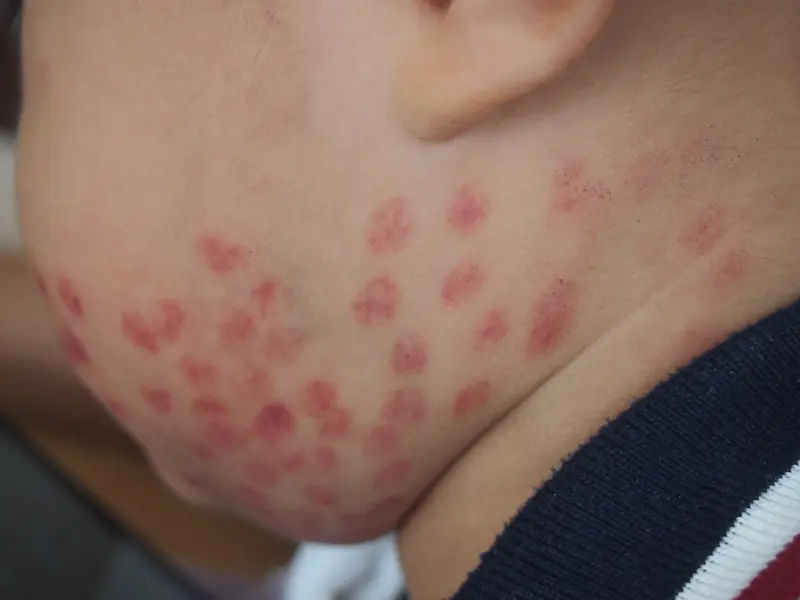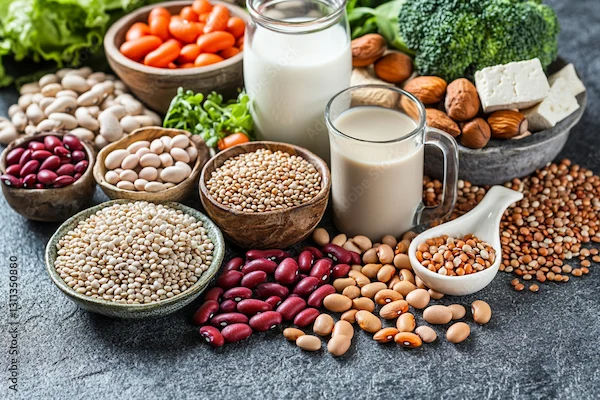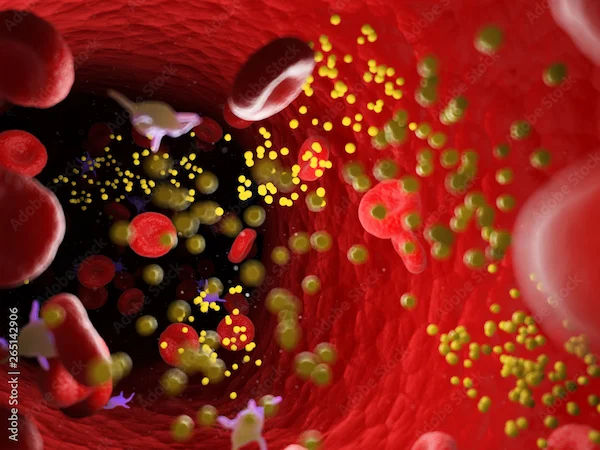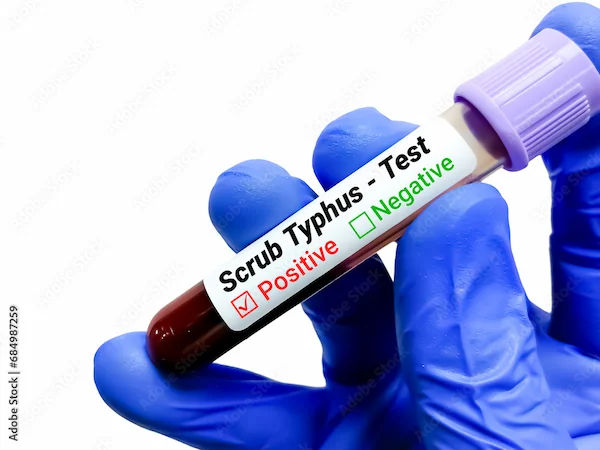Understanding Malaria and Dengue
Understand the key differences and similarities between malaria and dengue, including causes, symptoms, transmission, and treatment options. Learn how to prevent these mosquito-borne diseases and when to seek medical help.


Introduction
Malaria and dengue are two common mosquito-borne illnesses that affect millions of people worldwide, especially in tropical and subtropical regions. While both diseases are spread by mosquitoes, they are caused by different pathogens and have distinct symptoms. Understanding these illnesses can help you recognize early signs, take preventive measures, and seek timely treatment.
What Are Malaria and Dengue?
Malaria and dengue are mosquito-borne diseases that cause high fever, chills, and body aches, and can lead to serious health complications if untreated.
Malaria
Malaria is caused by a parasite called Plasmodium, which is transmitted through the bite of an infected female Anopheles mosquito. There are different types of Plasmodium parasites, with P. falciparum being the most dangerous.
Dengue
Dengue, on the other hand, is caused by the dengue virus (DENV), spread by the Aedes aegypti mosquito. Unlike malaria, dengue is a viral infection, and severe cases can lead to dengue hemorrhagic fever, which can be life-threatening.
Consult a Top General Physician for the best advice
Symptoms to Watch For
Watch for symptoms like:
Malaria Symptoms
High fever with chills and sweating
Headache and body aches
Fatigue and weakness
Nausea and vomiting
In severe cases: confusion, seizures, or organ failure
Symptoms usually appear 10–15 days after the mosquito bite.
Dengue Symptoms
Sudden high fever (up to 104°F)
Severe headache, especially behind the eyes
Muscle and joint pain (often called "breakbone fever")
Skin rash (appearing 2–5 days after fever)
Mild bleeding (nose or gum bleeding, easy bruising)
In severe cases: abdominal pain, persistent vomiting, rapid breathing
Symptoms typically appear 4–10 days after the mosquito bite.
How Are They Different?
Here are some key differences that can help you differentiate between Malaria and Dengue.
| Feature | Malaria | Dengue |
| Cause | Parasite (Plasmodium) | Virus (Dengue virus) |
| Mosquito Type | Anopheles (bites at night) | Aedes aegypti (bites during the day) |
| Fever Pattern | Recurrent (every 48–72 hours) | Continuous high fever |
| Pain | General body aches | Severe joint and muscle pain |
| Rash | Rare | Common (red spots) |
How Do They Affect Your Health?
Both malaria and dengue can weaken the body, causing high fever, weakness, and in severe cases, serious health problems.
Malaria Complications
Severe anaemia (low red blood cells)
Brain damage (cerebral malaria)
Kidney failure
Respiratory distress
Dengue Complications
Dengue hemorrhagic fever (severe bleeding)
Shock (dangerously low blood pressure)
Organ damage
Both diseases can be fatal if not treated promptly.
Prevention Tips
Since mosquitoes spread both malaria and dengue, prevention focuses on avoiding bites:
1. Use Mosquito Repellents – Apply creams or sprays containing DEET, picaridin, or oil of lemon eucalyptus.
2. Wear Protective Clothing – Long sleeves and pants reduce exposure.
3. Sleep Under Nets – Insecticide-treated mosquito nets help prevent malaria.
4. Eliminate Stagnant Water – Aedes mosquitoes breed in clean water (flower pots, buckets, tires).
5. Use Screens & Air Conditioning – Keep mosquitoes out of your home.
Treatment Options
The treatment options include:
Malaria Treatment
Antimalarial drugs (e.g., chloroquine, artemisinin-based therapy)
Early diagnosis through blood tests is crucial.
Dengue Treatment
No specific antiviral treatment exists; care is supportive.
Stay hydrated (oral rehydration or IV fluids if severe).
Avoid aspirin (can increase bleeding risk).
Important: If you suspect malaria or dengue, consult a doctor immediately. Severe cases may require hospitalization.
When to Seek Medical Help?
Seek emergency care if you experience:
Persistent high fever
Severe headache or confusion
Difficulty breathing
Blood in vomit or stool
Extreme fatigue
Can Diet Help in Recovery?
Yes! Eating right can support your immune system:
For Malaria:
Iron-rich foods (spinach, lentils) to combat anaemia.
Hydrating fluids (coconut water, soups).
For Dengue:
Papaya leaf extract (may help increase platelet count).
Vitamin C-rich foods (oranges, guava) to boost immunity.
Final Thoughts
Malaria and dengue are serious but preventable diseases. By taking precautions against mosquito bites and recognizing early symptoms, you can protect yourself and your family. If you experience any warning signs, don’t delay; consult a doctor right away.
Consult a Top General Physician for the best advice
Consult a Top General Physician for the best advice

Dr. Mohamed Azeem
General Physician/ Internal Medicine Specialist
2 Years • MBBS,MD(Internal Medicine) CCEBDM
Karaikudi
Apollo Hospitals Karaikudi, Karaikudi

Dr Syed Mateen Pasha
General Physician
2 Years • MBBS
Bengaluru
PRESTIGE SHANTHINIKETAN - SOCIETY CLINIC, Bengaluru

Dr. Syed Ismail Ali
General Practitioner
7 Years • MBBS
Hyderabad
Apollo 24|7 Clinic, Hyderabad

Dr. Bhukya Pavan Kalyan
General Physician
5 Years • MBBS DNB Paediatrics
Bengaluru
PRESTIGE SHANTHINIKETAN - SOCIETY CLINIC, Bengaluru

Dr. Harshendra Jaiswal
General Physician/ Internal Medicine Specialist
12 Years • MBBS , MD (General medicine)
Kolkata
108 DHANA DHANVANTARI Clinic, Kolkata
(25+ Patients)




